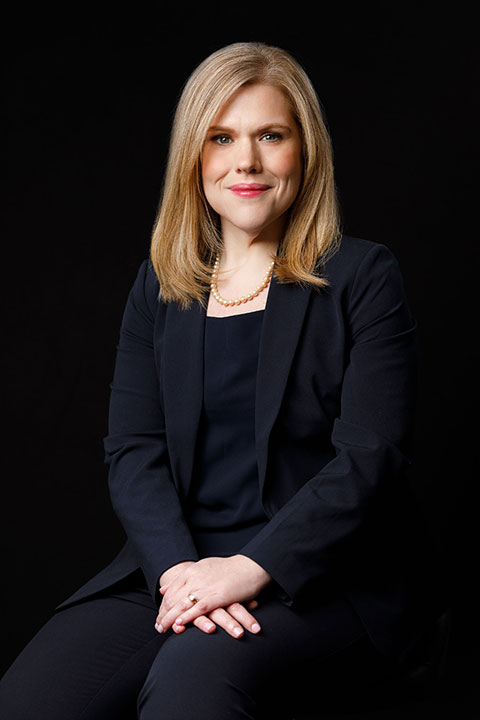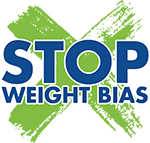Meet Amber

Radical Self-Love in a Biased World
I’ve had weight loss surgery three times in the last 12 years. I’ll spare the technical terms, complications, and some of the middle to say: feeling success and receiving care that worked, despite its faults, sparked my advocacy for obesity care. It brought into focus that weight bias isn’t just a part of the picture on why care is where it is in the U.S.: it is most of the picture.
Today, I’m 35 and I am at my lowest adult body weight ever and at my personal goal. I have a BMI of 28, which still puts me at the high end of overweight and a great distance from my BMI of 69. I’ve always been perceived as someone who practices radical self-love at every size. I don’t do anything particularly radical beyond truly believing my weight is not my worth. But the deep beliefs we’ve internalized as individuals affected by overweight and obesity have made that radical. It’s radical in a world that aggressively rejects our bodies to the point ‘you’re so confident’ has always, in some ways meant, ‘but how?’
The story of being affected by bias is constantly smacking down the indignities invisible to a lot of straight sized bodies. I would never advocate for obesity care for the sole purpose of fitting into the world, but it is a stress relief hard to measure. Whether it’s sitting on plastic lawn furniture, shopping for clothes, or the absolute nightmare that is flying while a person of size – being thinner is just easier even if nowhere in my heart does it feel superior.
At a size 8, I still find my anxiety spike when I do certain things and remember moments of trauma that bias has caused me. Once, on a plane, a woman loudly asked the man behind her to switch seats, shoved the armrest down into my side, and made no effort to hide a text to someone by writing that she was sitting next to “an obese woman with a toddler….this should be a long flight.” She never made eye contact or uttered a word to me for two hours. It was as if I wasn’t even there.
I come from a family with generational obesity. I weighed 101 pounds in kindergarten. I genuinely didn’t know what meaningful obesity care looked like because we’d never had access to it and we certainly didn’t have coverage for it. Even worse, there were countless times my parents were made to feel like they had failed because of the weight of their kids. It wasn’t true then and if you’re a parent reading this now – please know it’s not your fault. But it is your challenge and you’re going to have to fight like hell for care. Bias has a deep reach.
Standing up against weight bias to only convince the public that weight bias exists is no longer the game. It exists and it’s harming our health. We have to march past ‘please believe us’ to ‘we are worthy of comprehensive care and deserve dignity and respect.’ Results will change minds. Personal stories will change minds. Quite frankly, if you can’t walk next to me in this fight for care and in radical opposition to dismantle bias – just don’t stand in my way. I am here. We are here.
